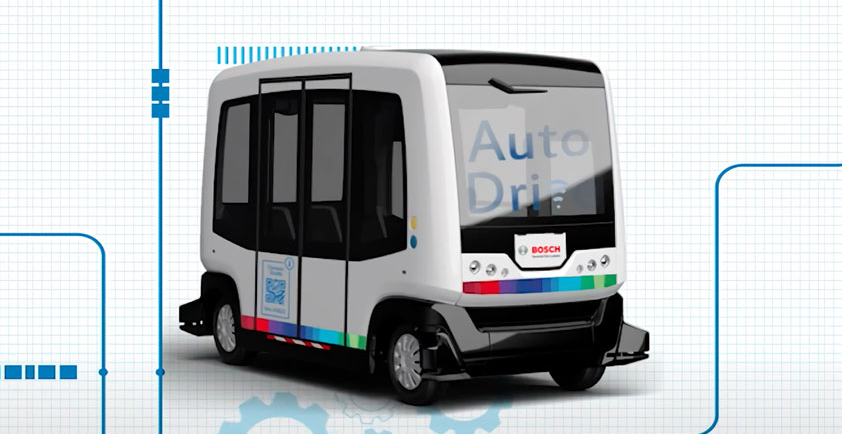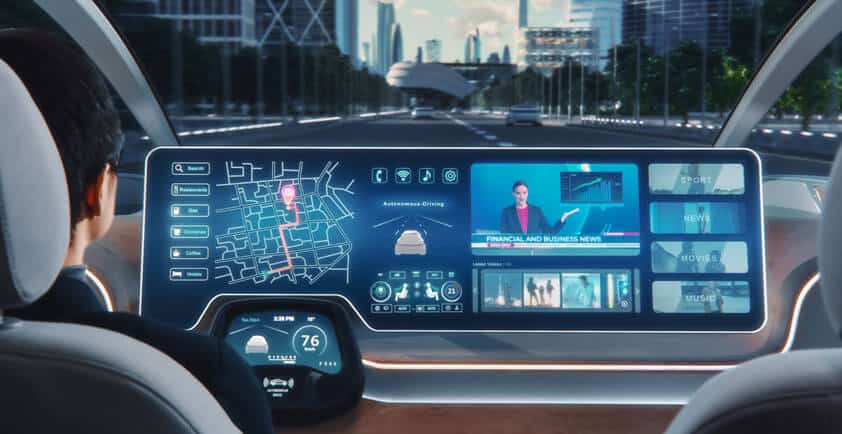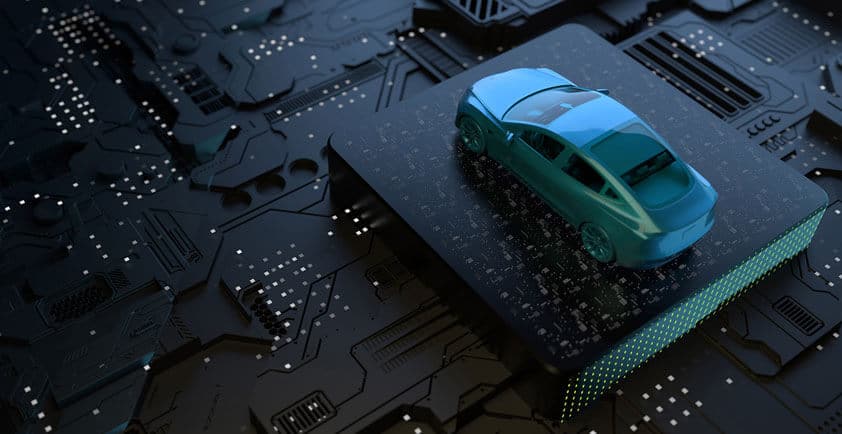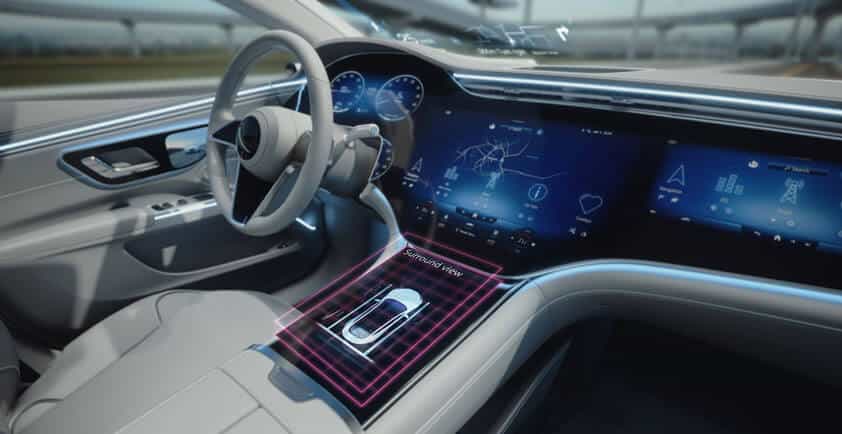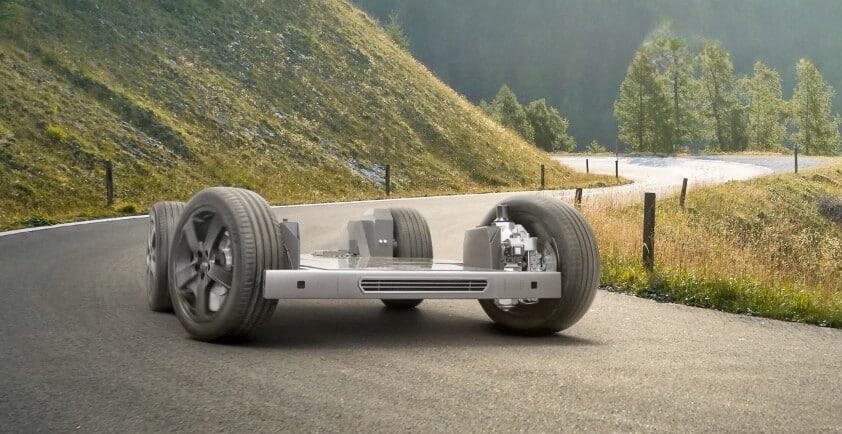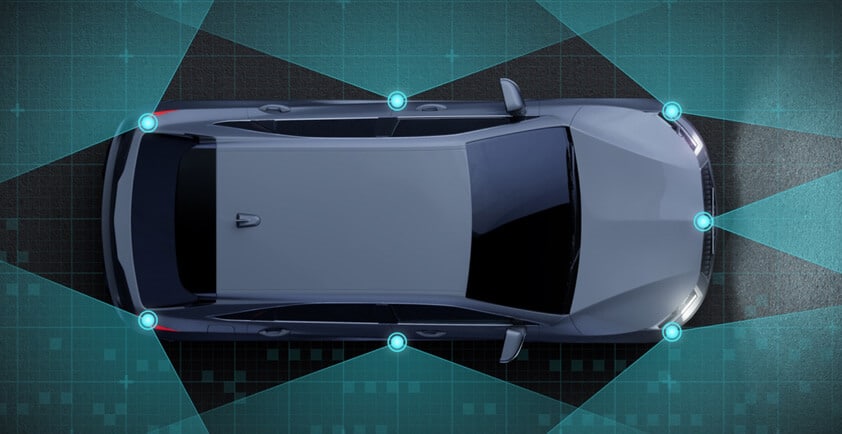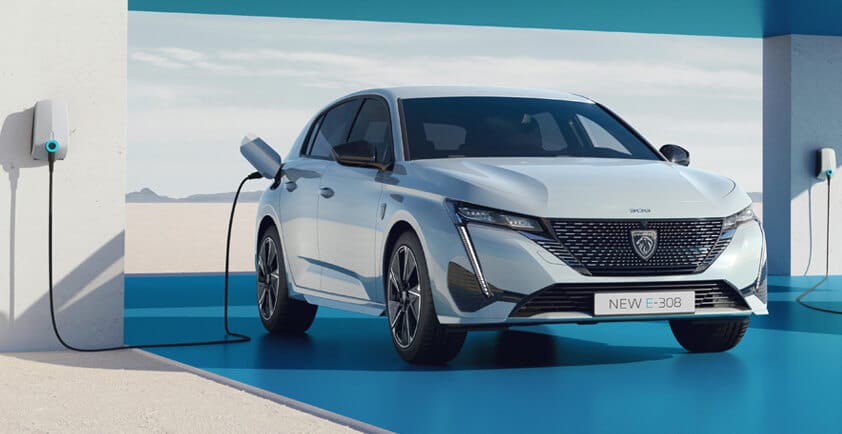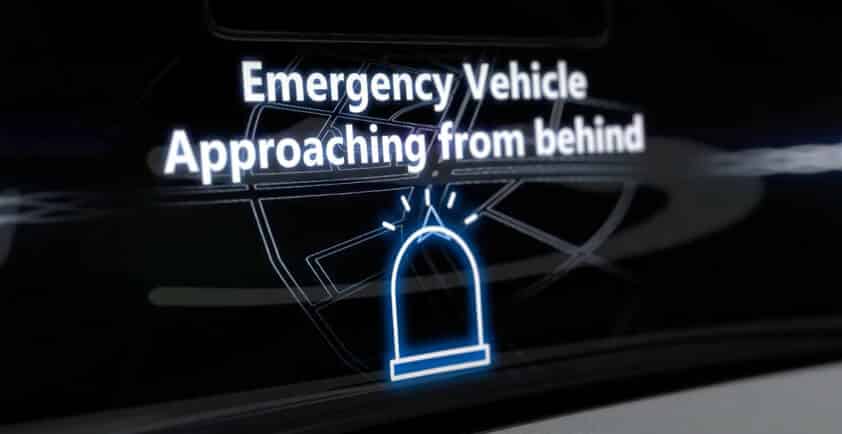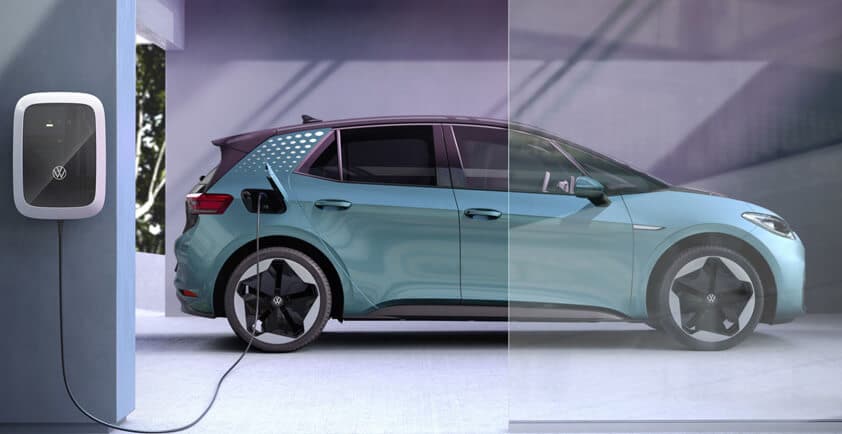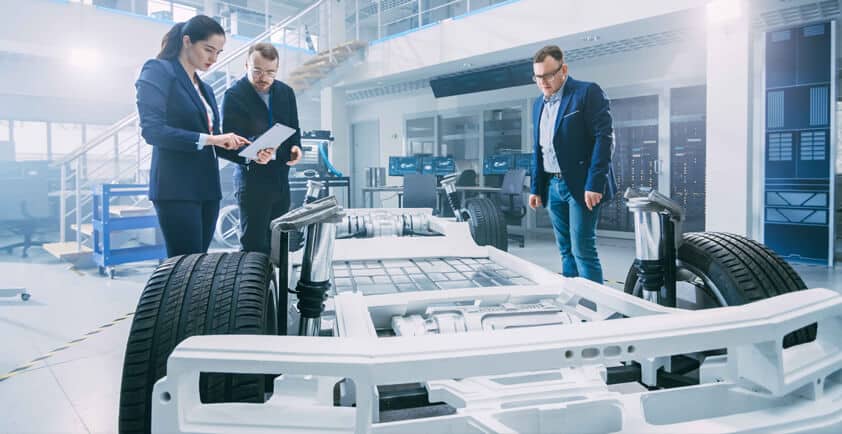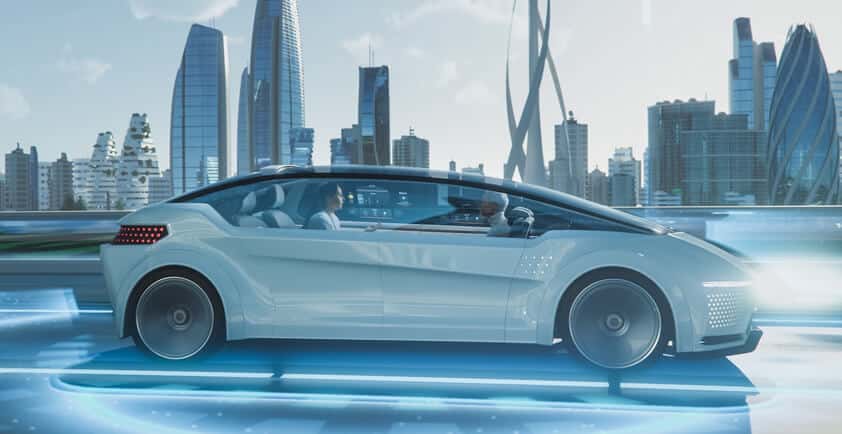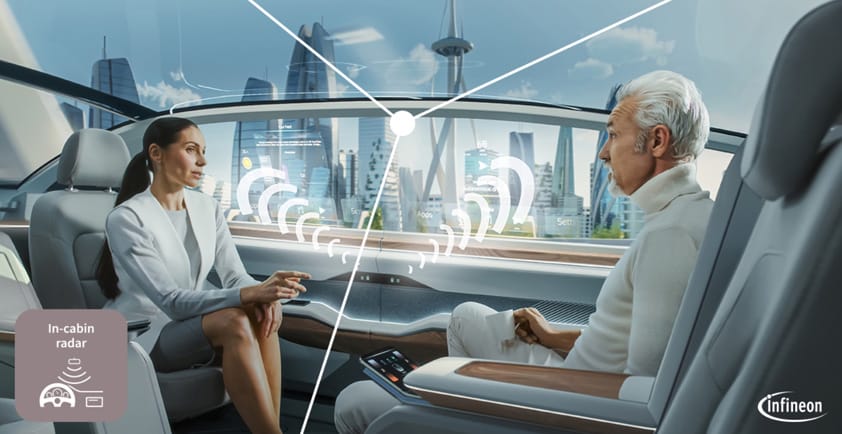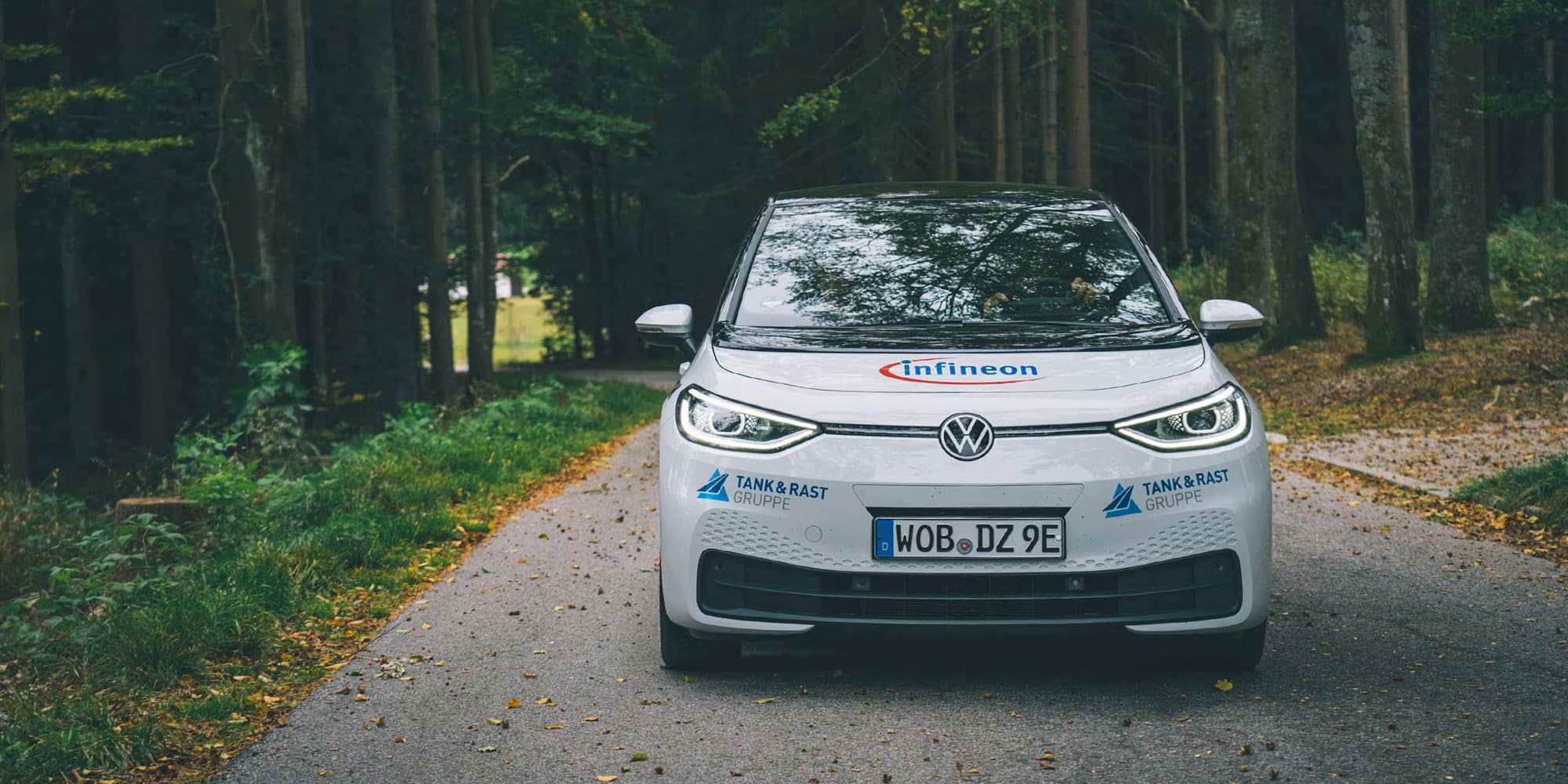
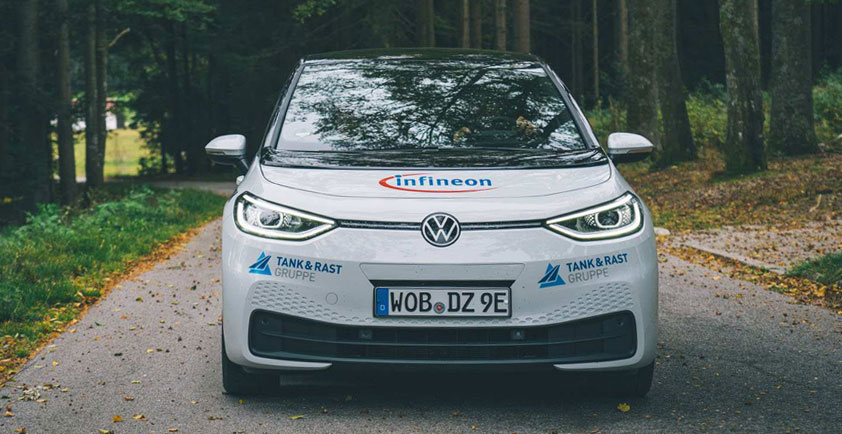
FOCUS ON ELECTRO-MOBILITY: INFINEON ON BOARD FOR MARATHON RIDE THROUGH GERMANY
Munich, Germany – 65 days, around 640 charging stations, more than 20,000 kilometers – Infineon is a partner of the ID.3 Tour across Germany, a marathon drive in Volkswagen’s new electric model. The tour started today in Oberstdorf and is scheduled to end in early December on the island Sylt. On the way, it will stop at all German fast-charging points with a charging capacity of more than 60 kilowatts. The Infineon sites in Warstein and Dresden are also part of the route. In the car are Mannheim's long distance record holder Rainer Zietlow and his co-driver Dominic Brüner.
"Demand for electro-mobility is rapidly gaining momentum in Germany," said Stephan Zizala, Vice President and General Manager Automotive High Power at Infineon, who is responsible for the business with power semiconductors for electric cars. "As a partner of the tour across the automotive stronghold Germany, we want to show how important leading technologies are for electro-mobility to be successful. Electric driving is already very attractive today, and Infineon is helping to increase range and further reduce charging times."
According to the Federal Motor Transport Authority of Germany, more than 160,000 electric cars and plug-in hybrids were newly registered in Germany between January and August 2020.* This represents an increase of more than 150 percent compared to the corresponding period the year before. This means that the market share of all new passenger car registrations in Germany rose to more than 9 percent.
Semiconductors play a decisive role in improving the range, charging time and costs of electro-mobility. Among other things, power electronics convert the direct current from the battery into alternating current for the electric motor. Conversely, it converts energy recuperated when braking into direct current so that it can be stored in the battery again. The more efficiently the semiconductors work, the greater the range that can be achieved with one battery charge.
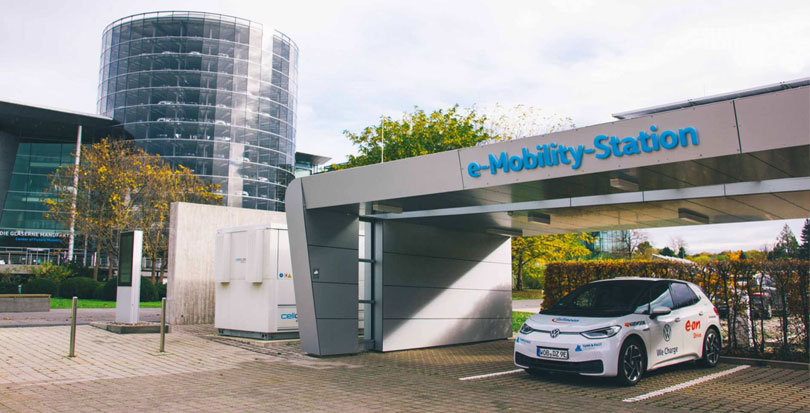
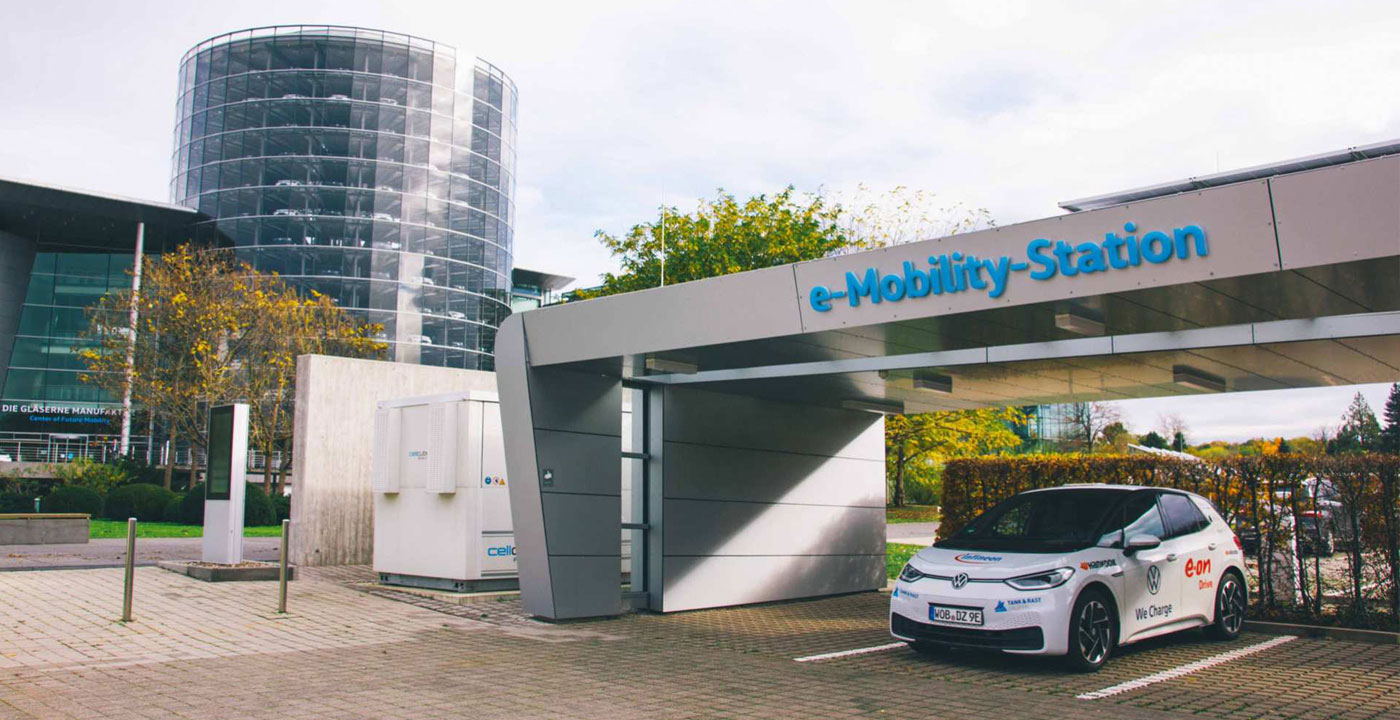
In charging stations, the electricity from the grid is converted for storage in the battery. Here, particularly efficient semiconductors ensure that as much as possible of the energy from the grid reaches the car, making it available to the driver. In addition, new generations of semiconductors enable significantly faster charging than before.
Infineon is the market leader in power semiconductors for electro-mobility. For example, 15 of the 20 best-selling electric cars and plug-in hybrids worldwide in 2019 use power semiconductors from the Munich-based chip manufacturer for the drivetrain. In 2020 and 2021, more than 35 additional models will go into production.
Volkswagen's ID.3 also runs with Infineon on board. It contains more than 50 semiconductors from Infineon, including power semiconductors, microcontrollers and driver components. The semiconductor heart of the powertrain is a power module from the HybridPACK™ Drive product family for power conversion between battery and motor. Infineon manufactures this module at its site in Warstein, which the ID.3 Tour will visit one month after its start. A few days later the tour will make a stop in Dresden. Here, Infineon manufactures chips for the module.
Partners of the ID.3 Tour
Ads-te Energy GmbH, Alpitronic, CARConnect, E.ON Energie Deutschland, Hankook Reifen, has·to·be gmbh, Hochschule der Medien Stuttgart, Infineon Technologies, IntercityHotel, MOON, Steigenberger Hotels & Resorts, Tank & Rast, TU Dortmund, Volkswagen, We Charge.
